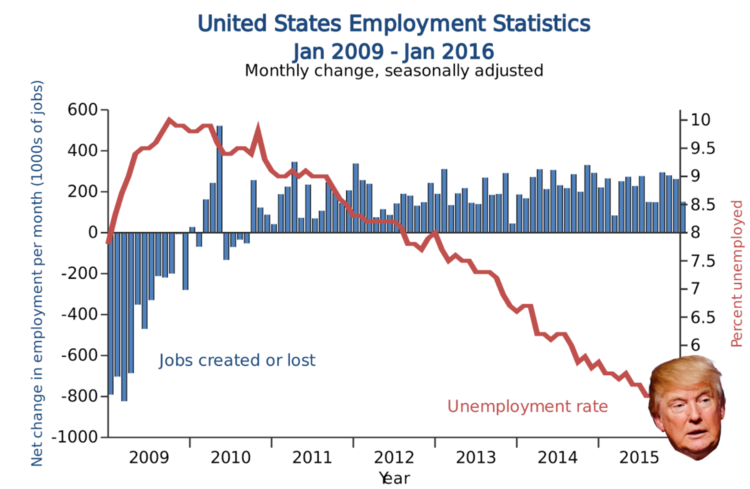Why is a measure of future corporate profits taken as a measure of economic well-being?
Good News: The Stock Market is Plunging | Beat the Press | CEPR
"If there is one item about the economy that we can be sure will be repeated every day, it is the movement in the Dow or the S&P 500. And, needless to say, an upward movement is good news and a downward movement is bad news,,,"
"This view that the stock market is a measure of economic well-being is bizarre, because it is so completely at odds with what the stock market is.
"The stock market is a measure of the expectations of future profits of companies that are listed in the exchange: full stop.
"That is not some left-wing radical analysis of stock prices, this is the textbook definition.
"The stock market is not going to rise because people are getting better health care and living longer lives. It won’t rally because workers are getting paid family leave and guaranteed vacation.
"And, it certainly won’t rise because workers find it easier to organize and union membership soars."
Investors in GE, Microsoft, and other corporations will only ask how each of the above mentioned benefits will affect future profit margins of the companies they hold stock in.
If they are likely to lead to lower future profits (rising union memberships or paid family leave), they would expect stock prices to fall.
"It is important that people be clear on this point as the 2020 elections draw closer.
"Many of the policies being proposed by the leading Democratic candidates would be expected to reduce after-tax corporate profits.
"This means that they should be expected to lead to lower stock prices.
"For example, most of the Democratic presidential candidates are advocating strong measures to address climate change.
"These measures will almost by definition mean sharply lower demand for oil and natural gas.
"This will mean sharply lower profits for a major sector of the economy, which will surely depress the stock price of fossil fuel companies."

Good News: The Stock Market is Plunging | Beat the Press | CEPR
"If there is one item about the economy that we can be sure will be repeated every day, it is the movement in the Dow or the S&P 500. And, needless to say, an upward movement is good news and a downward movement is bad news,,,"
"This view that the stock market is a measure of economic well-being is bizarre, because it is so completely at odds with what the stock market is.
"The stock market is a measure of the expectations of future profits of companies that are listed in the exchange: full stop.
"That is not some left-wing radical analysis of stock prices, this is the textbook definition.
"The stock market is not going to rise because people are getting better health care and living longer lives. It won’t rally because workers are getting paid family leave and guaranteed vacation.
"And, it certainly won’t rise because workers find it easier to organize and union membership soars."
Investors in GE, Microsoft, and other corporations will only ask how each of the above mentioned benefits will affect future profit margins of the companies they hold stock in.
If they are likely to lead to lower future profits (rising union memberships or paid family leave), they would expect stock prices to fall.
"It is important that people be clear on this point as the 2020 elections draw closer.
"Many of the policies being proposed by the leading Democratic candidates would be expected to reduce after-tax corporate profits.
"This means that they should be expected to lead to lower stock prices.
"For example, most of the Democratic presidential candidates are advocating strong measures to address climate change.
"These measures will almost by definition mean sharply lower demand for oil and natural gas.
"This will mean sharply lower profits for a major sector of the economy, which will surely depress the stock price of fossil fuel companies."





